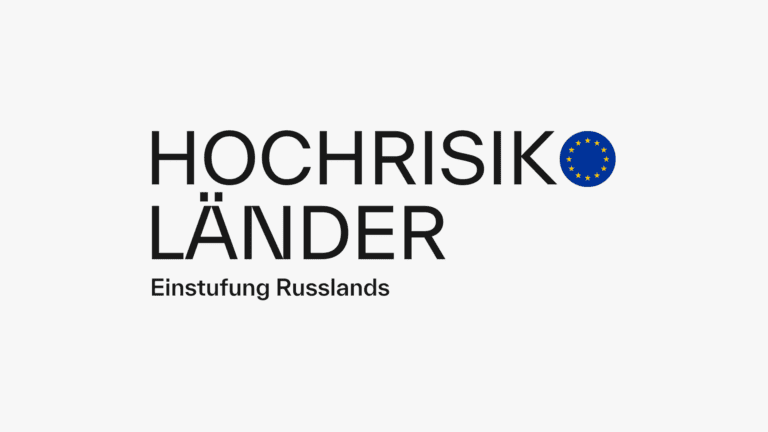Football Agents
In addition to professional football clubs, football agents will also be newly designated as obliged entities under the EU AML Regulation. According to Article 2(1)(53) EU-AML-VO, a football agent is defined as a “natural or legal person who, for a fee, provides agency services and represents football players or professional football clubs in negotiations with a view to concluding a contract for a football player or represents professional football clubs in negotiations with a view to concluding a contract for the transfer of a football player.”.
Closely linked to this definition is that of the football player. Although the term is not explicitly defined in the Regulation, it is assumed to refer to players participating in professional football leagues (see more in our first blog post here). Moreover, the definition of a football agent under the EU-AML-VO closely resembles that used by the DFB and UEFA for player agents.
Unlike professional football clubs,there is no limitation of the obligation to specific types of transactions for football agents. The wording of the Regulation suggests that a football agent remains obliged for all transactions once active in the professional sector. As a result, an agent may be required to apply due diligence measures even when dealing with non-professional football players. It also remains unclear whether the obliged status expires after a certain period of inactivity in the professional sector.
Holding Entities
Holding entities are also considered obliged entities under the EU AML Regulation. While not specifically part of the football sector, they may have significant implications for it.
Entities that own a professional football club through a subsidiary (see Part 1 of this blog post for the definition and obligations of a professional football club)fall under the scope of Article 3(3)(m) EU-AML-VO and are designated as “non-financial mixed holding companies” (Article 2(1)(13) EU-AML-VO). Such a company must meet the following criteria:
– It is not a financial holding company or a mixed financial holding company (which are already obliged entities),
– It is not a subsidiary of another company (i.e., it is the top-level parent company), and
– At least one of its subsidiaries qualifies as an obliged entity under Article 3(3) EU-AML-VO (e.g., a professional football club or a football agent).
Applying the definition strictly would mean that a parent company, such as the one owning a football club structured as a subsidiary (e.g., a Bundesliga club’s operating company), would itself become an obliged entity. As an example, Bayer AG owns Bayer 04 Leverkusen Fußball GmbH, a professional football club. This would classify Bayer AG as a non-financial mixed holding company under the Regulation, making it subject to AML obligations across all of its business activities — far beyond just those related to football.
This literal interpretation leads to impractical results. Non-financial mixed holding companies that own football clubs would end up with more AML obligations than the clubs themselves. A more sensible solution would be for such parent entities to follow only the same due diligence requirements as their football club subsidiaries. This would align the obligations of parent and subsidiary.
Outlook
The concrete impact of these new provisions on the football sector remains to be seen. Interpretations by the AMLA and other supervisory authorities will be key. The Regulation will become directly applicable as of 10 July 2029.



